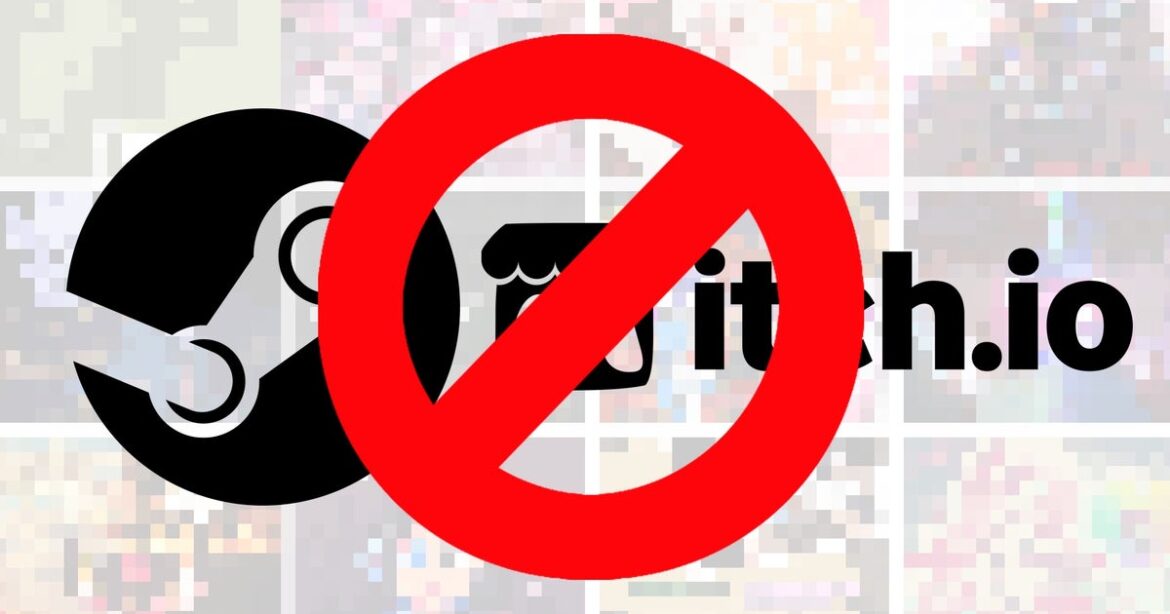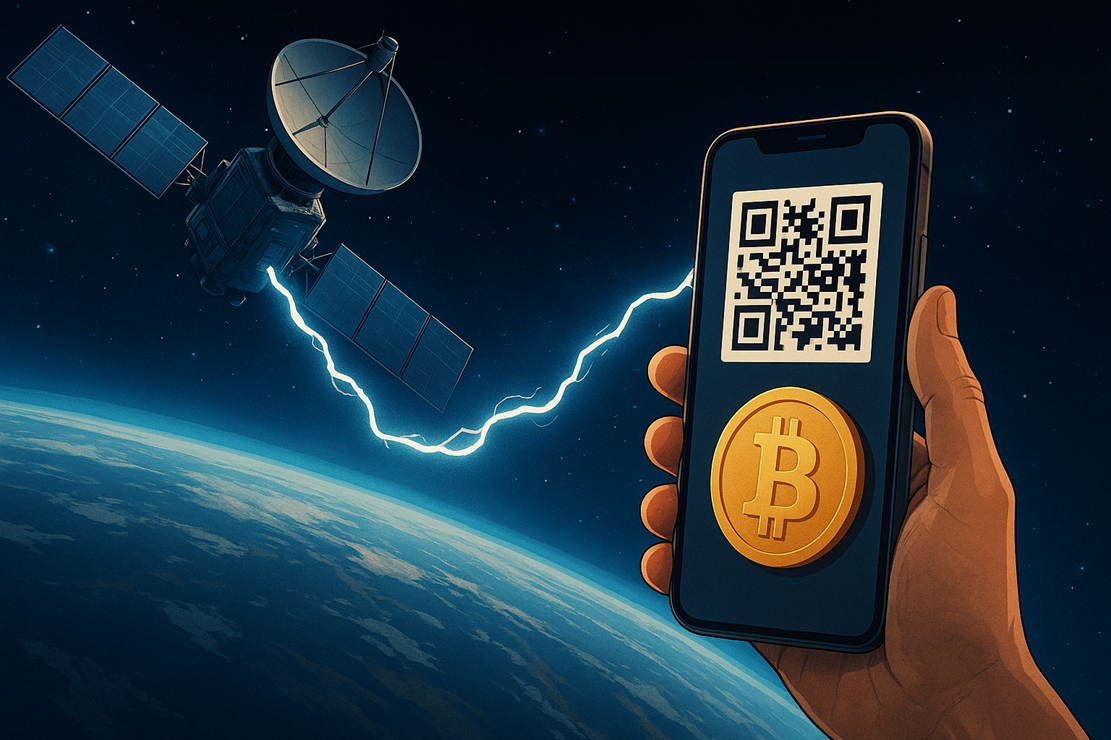Developers are reporting delays in receiving payouts from itch.io, with some claiming they have waited for over 100 days without payment.
As first reported by Rascal and picked up by GameDeveloper, developers across social media are sharing their experiences about the delays, with one thread on Reddit receiving hundreds of upvotes as devs try to bring attention to the issue, claiming there has been no response to support tickets raised with the platform.
“From the start, I’ve written to itch.io support multiple times over the past few months — not a single reply to any ticket,” writes indie dev u/seanutsfrox. “To meet their strict tax requirements, I even went to my country’s tax office and provided official documents (something no other payment processor or bank has ever demanded from me). After months, itch.io finally reviewed them and marked my tax profile as ‘Validated.’ And yet, no payouts.
“Meanwhile, my project has been heavily damaged by this. We need funds to continue development, but instead we’ve been left waiting without any explanation, wondering if we’ll ever see our money. I even had a freelancer already working on a contract with us — since itch.io claims payouts happen within 10–14 days, I thought we could rely on them. But when the money never came, we had to cancel the job, which made us look incompetent and wasted the freelancer’s time. Her work was really important to us, and now our timeline is broken because of itch.io’s negligence.”
Seanutsfrox — who claims they are personally awaiting over $6000 — adds that there are “200+ developers reporting the same thing,” with mostly developers outside of the U.S. impacted. It also seems to be primarily affecting developers who collect revenue rather than accept payment through Stripe or PayPal directly.
“No developer should ever be left waiting [four] months without pay, ignored by support, forced to beg for their own money while their projects fall apart,” they added. “If you’re considering selling your game, project, or any product on itch.io, think twice and seriously look for alternatives. At this point, itch io is a scam.”
Itchio’s creator, leafo, recently posted a new post in the Itch.io Community to support developers with “payout or tax-related issues,” saying the company had “refined its payout process” and made it easier for devs to submit a query “without writing an email.”
“We ask that you no longer post requests for payout help on our community forums. We closed the previous topic we had open as it was a temporary solution until we updated some of our processes,” leafo explained. GamesIndustry.biz has reached out to itch.io and will update as/when we receive a response.
Last month, Itch.io confirmed that the indie games platform is still in “ongoing discussion” with its payment processors, following “scrutiny” regarding the site’s adult content. This pressure led to the platform “deindexing” NSFW content from its browse and search pages last week and updating its adult content guidelines to adhere to the terms of its payment processors.









